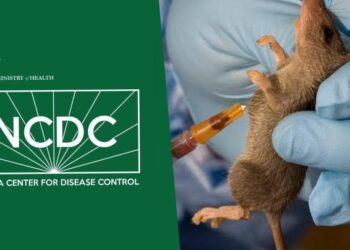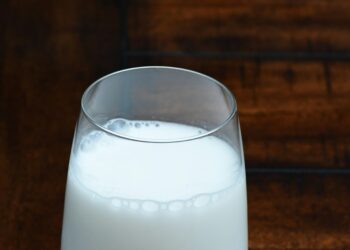Hair supplements are the talk of the town right now. But does that mean you need one? Before you go splurging on hair supplements, here are a few things you need to know.
Among the many races in the world, Africans are naturally prone to hair breakage and loss. This is especially true given their hair texture, which is tightly coiled and kinky. However, other races can have hair loss for a variety of reasons such as having fine straight hair that breaks with the smallest chemical treatment or heat style. In some circumstances, hair could break as a result of thermal damage or even over style.

As a result of occasional hair loss, people are looking for much healthier hair that does not fall out during any styling activity. Hair supplements have been shown to aid people with hair-related conditions such as thinning and breakage. In an analysis report made by San Global Research, they stated that “The Hair Growth Supplements Market was valued at 710.69 million in 2022 and expected to grow at a CAGR of 15.3% over the forecast period.” In this article, you’ll learn about the supplements that can help with certain hair issues.
Common Hair Concerns
Hair growth and hair strength are two main hair attributes that are threatened by concerns such as hair thinning and hair breaking. In this section, we’ll look at the supplement type that targets these features.
Hair Growth
Most people’s hair has been the same length for many years. Even if they manage to grow it out a few inches, they eventually lose it again due to hair breakage or thinning. This can be really annoying, especially if you have invested a lot of money on hair care products.
However, here’s what you should know. Biotin is at the top of the list of hair growth-promoting supplements. Not only is it popular, but it also gets the job done.
Biotin is a B vitamin that promotes healthy hair, skin, and nails. Most hair care products include biotin in their list of ingredients, however some do not. So, check the list of ingredients to ensure that the product you’re purchasing contains biotin. However, one cannot be “biotin deficient“ because some people get enough from the food they eat on a daily basis. But if you are lacking in biotin, you can opt for supplements.
Other vitamins commonly recommended for hair growth include Vitamin D, Zinc, and Iron. Vitamin D promotes hair follicle cycling, whereas zinc causes hair tissues to grow and repair themselves. Finally, iron is the supplement that transports oxygen to the hair, promoting general hair growth and preventing thinning.
Hair Strength and Shine
B vitamin complexes are very helpful for general hair health and strength. These vitamins (B1, B2, B3, B6, B12, and others) act synergistically to strengthen hair, eliminate brittleness, and promote scalp health. All of these processes help the hair grow thicker and more durable in the face of damage.
Furthermore, Omega-3 fatty acids are excellent for enhancing scalp health and adding shine to the hair. The primary functions of this supplement are to nourish the scalp, alleviate irritation, and prevent dryness. Omega-3 fatty acids can be derived from foods such as fish, flaxseeds, and walnuts, as well as supplements.
Are There Any Other Solutions to Consider?
Yes, they are. The first step is to eat a well-balanced diet that includes a variety of nutrients beneficial to your hair’s health. Sometimes these hair supplements and hair care products are prohibitively pricey. To save money, eat protein-rich foods, as hair is formed from them. You can consume meat, fish, eggs, beans, nuts, fruits, vegetables, whole grains, and healthy fats.
Following that, you can try scalp massage therapy to increase blood flow to your hair follicles. You can also try using a gentle shampoo, avoiding heat styling and chemical treatments on your hair. Finally, you need to control your stress levels because they can have an impact on your hair’s health.
Conclusion
To summarize, hair health is determined by a variety of factors, including genetics, food, and hair care. People of African origin typically have tightly coiled hair that is more prone to breaking, although other races can also suffer from fine hair, chemical treatments, and over-styling.
Many people use hair supplements to promote hair growth and strength. Biotin, vitamin D, zinc, and iron are all popular options. These can promote hair growth, while B vitamins and Omega-3 fatty acids enhance hair strength and luster.
However, supplements aren’t the only option. Eating a well-balanced diet rich in proteins, vitamins, and minerals is important. Foods that promote hair health include meat, fish, eggs, beans, nuts, fruits, and vegetables. Finally, scalp massages, careful hair care, and stress management can all help keep hair healthy.

















